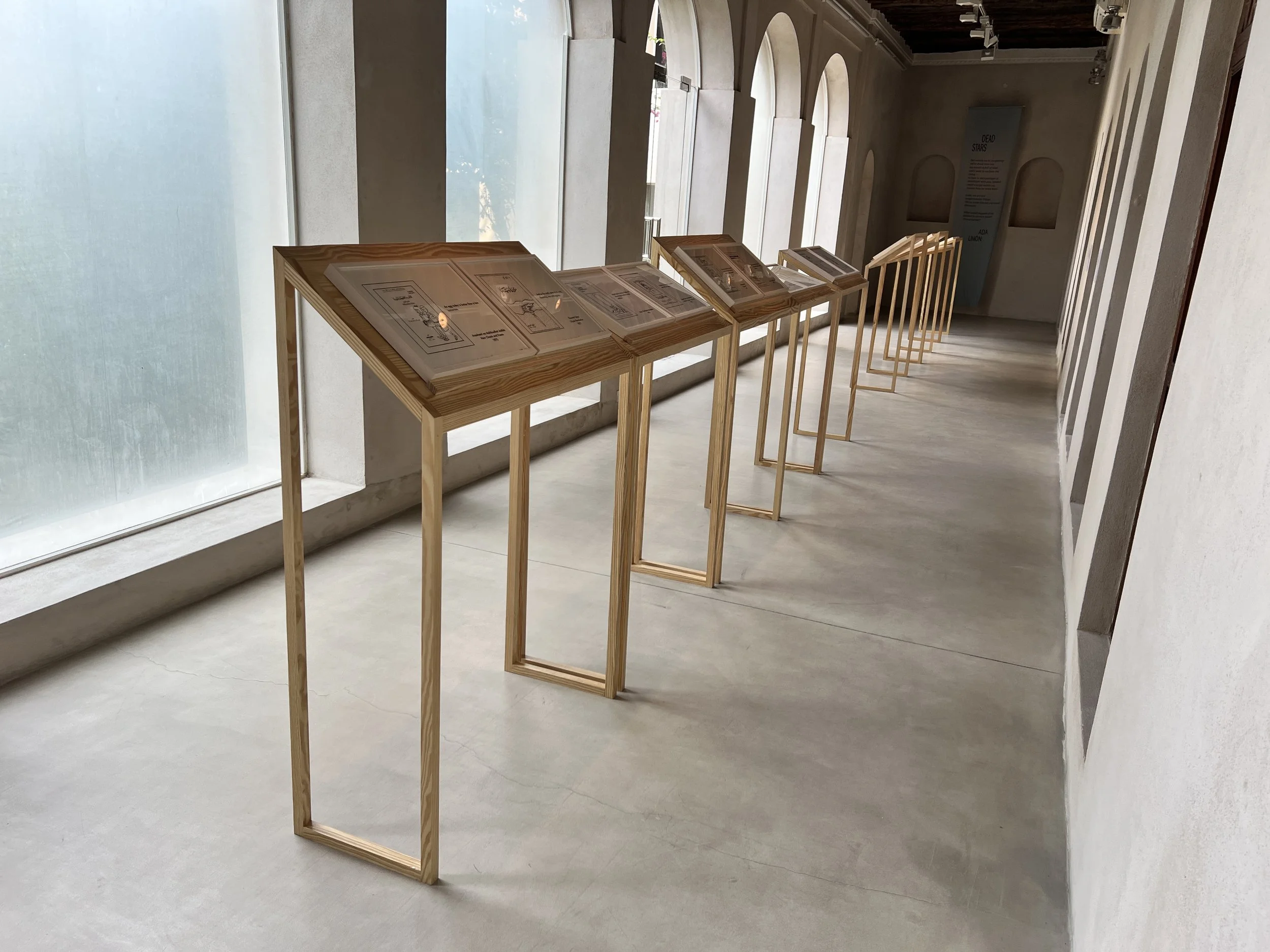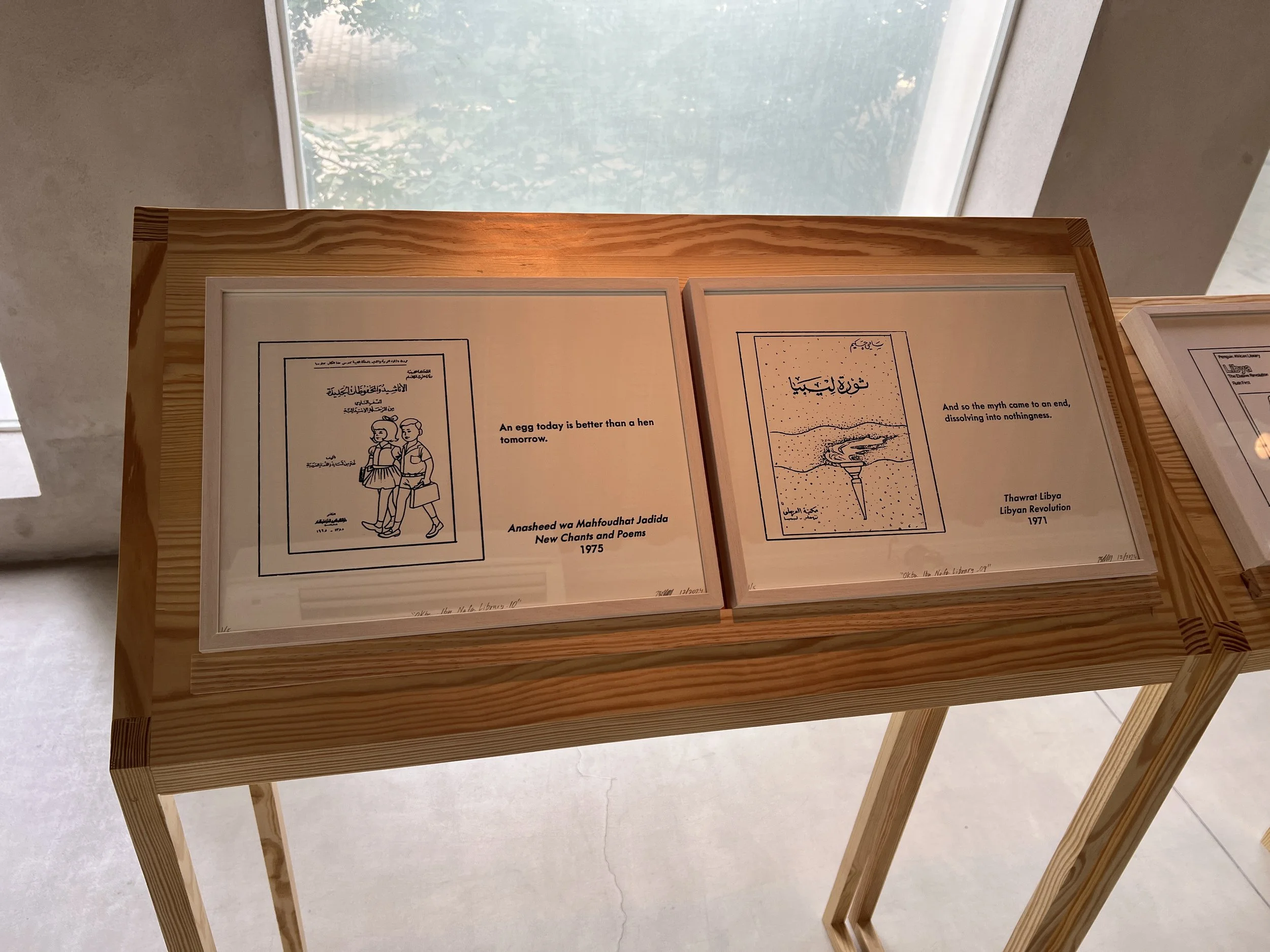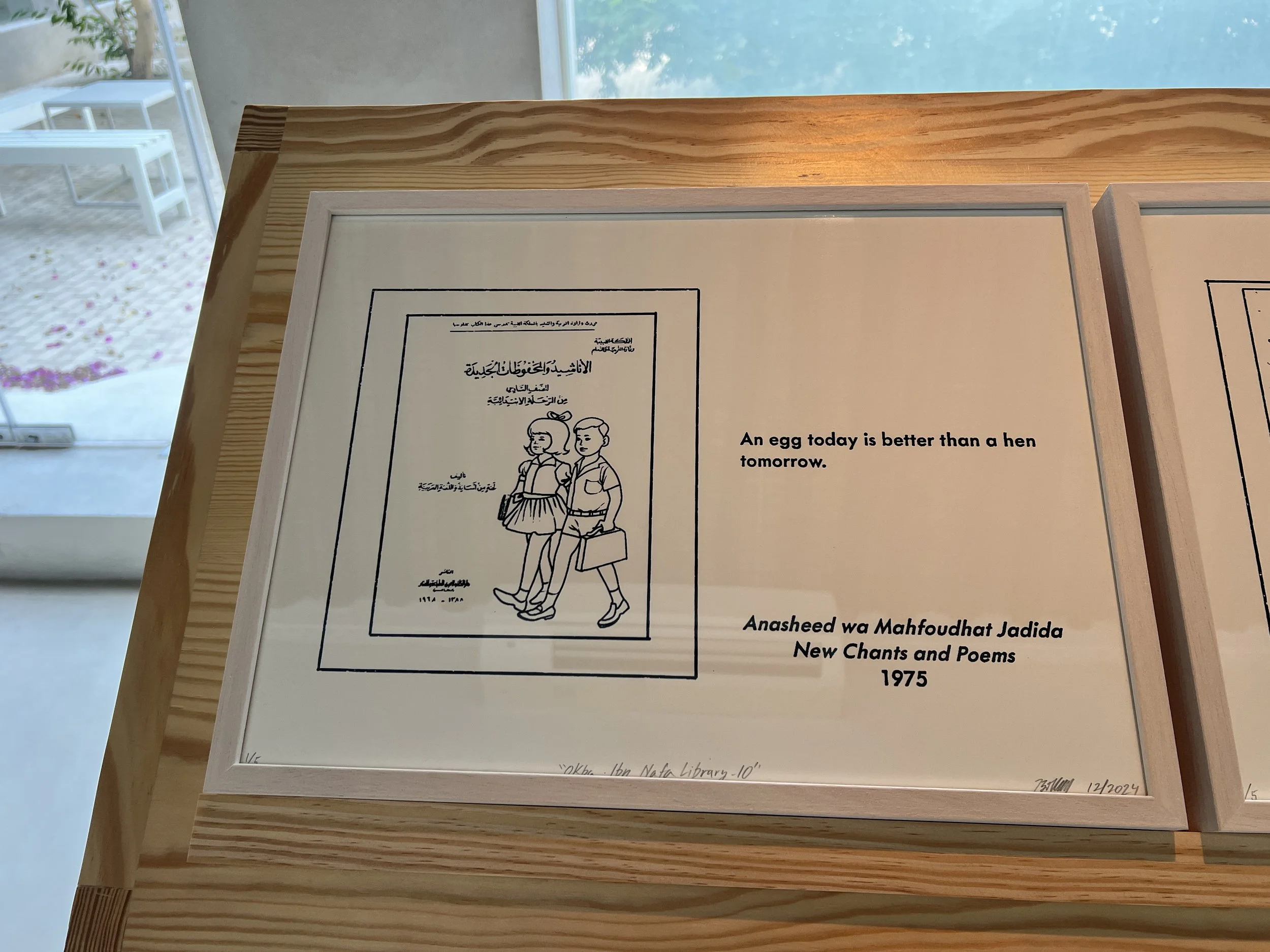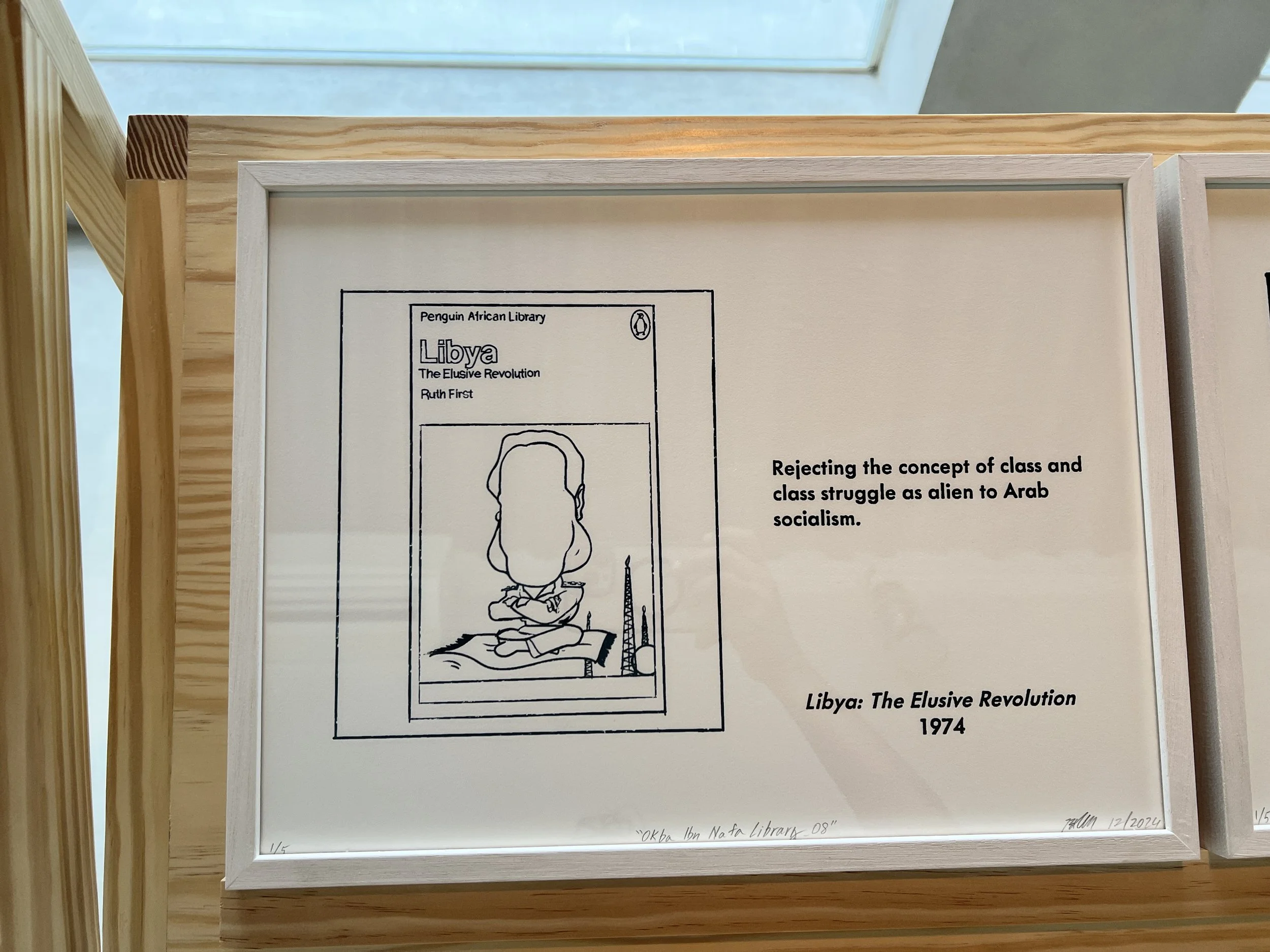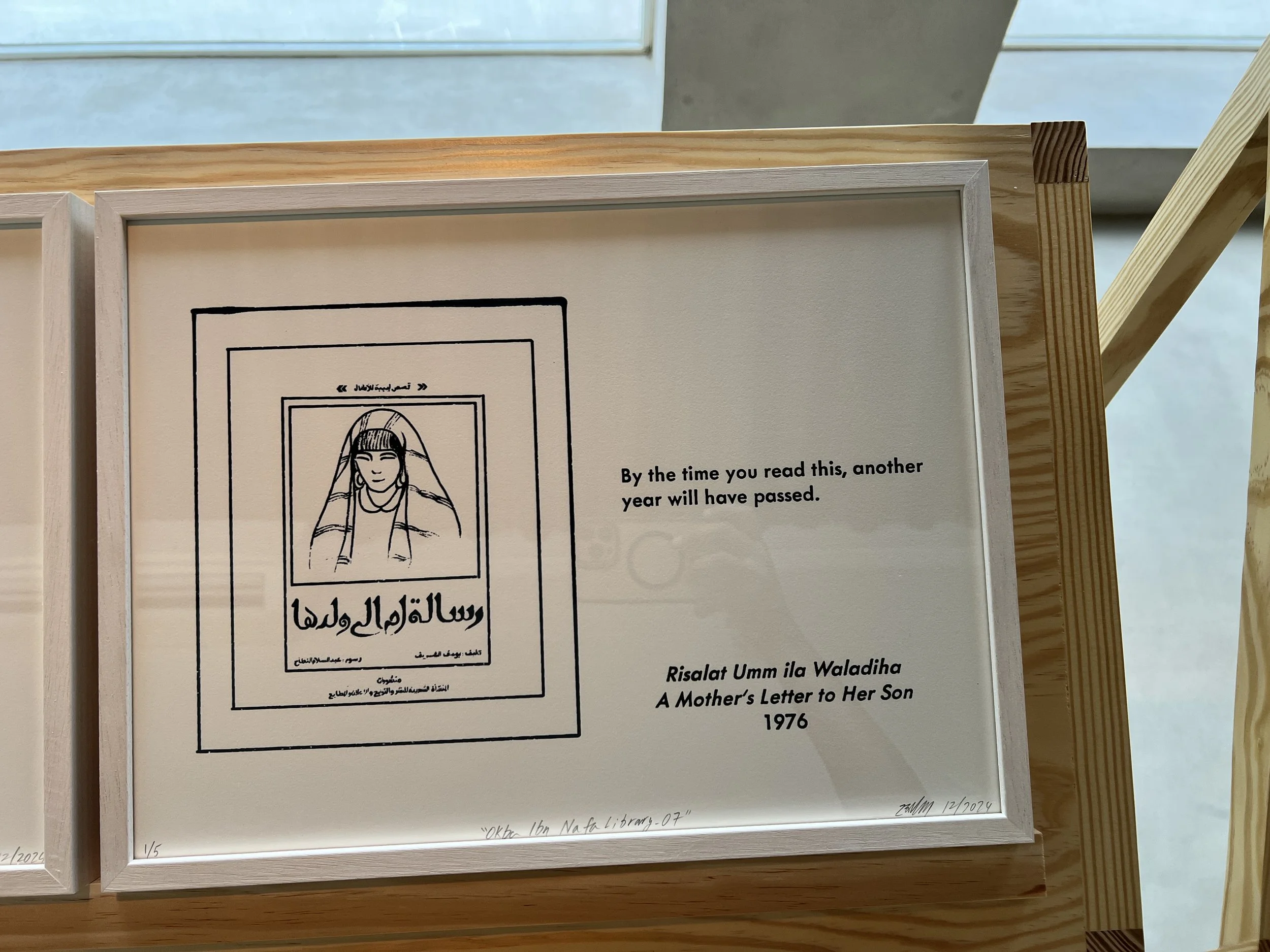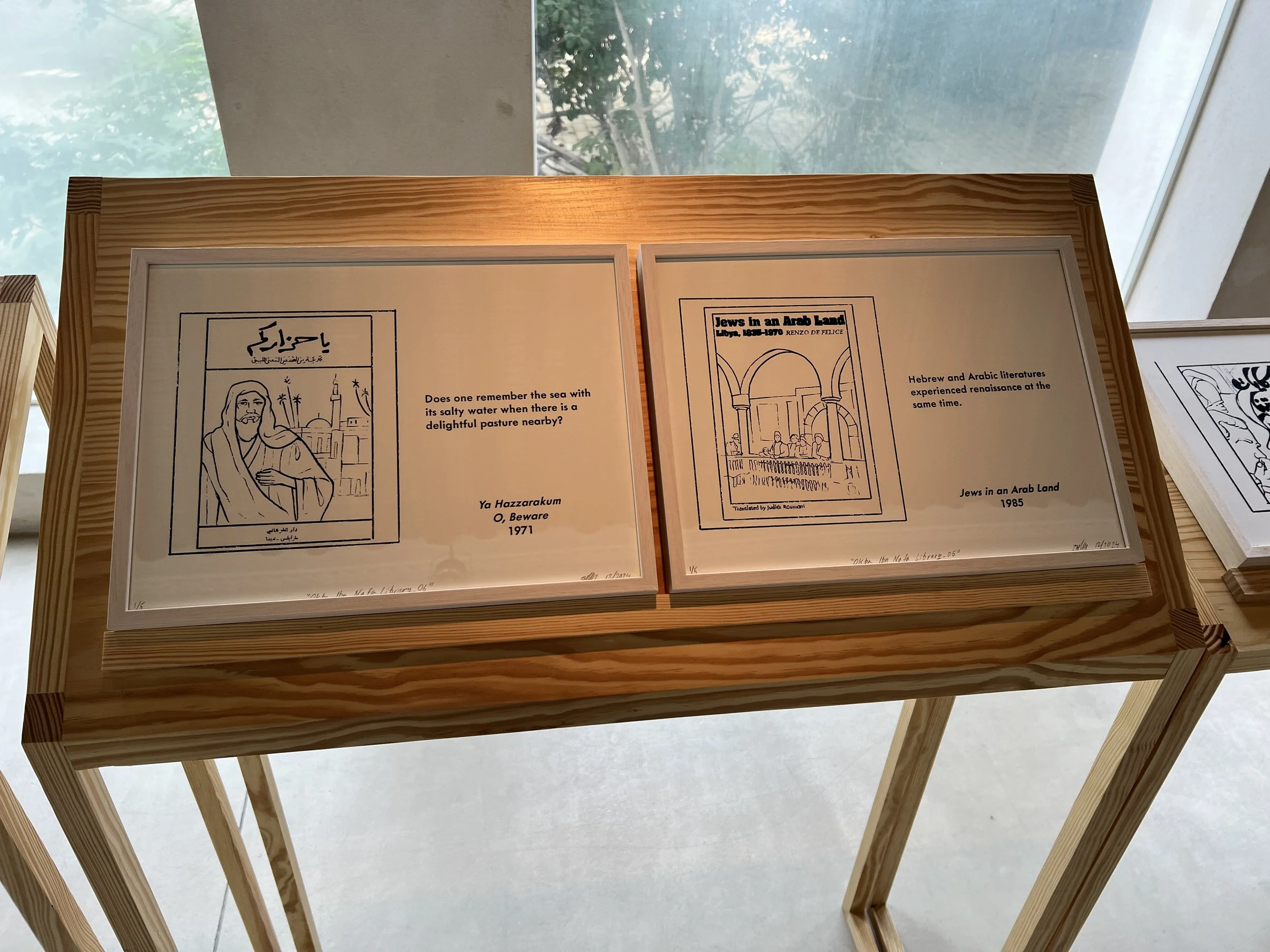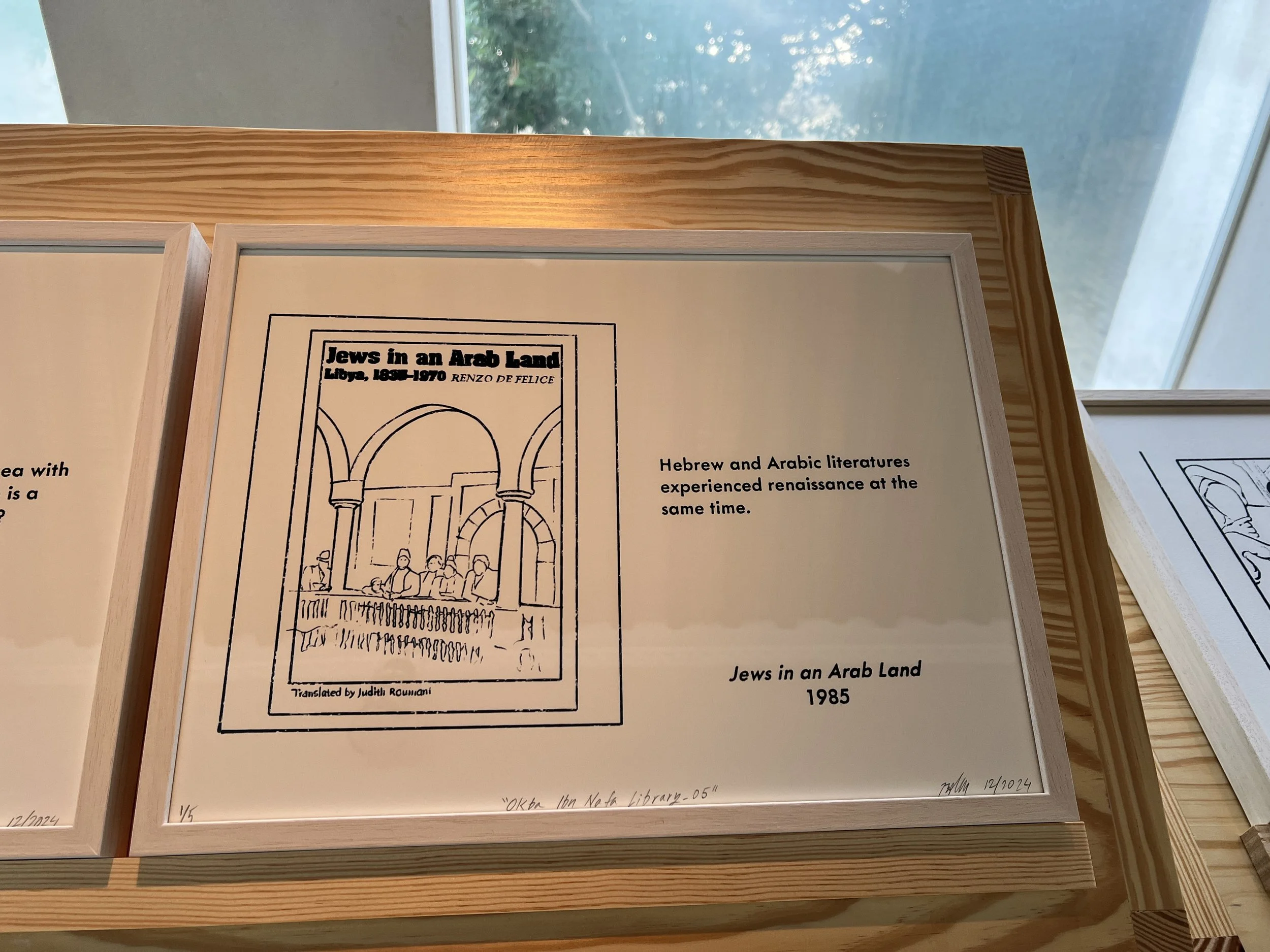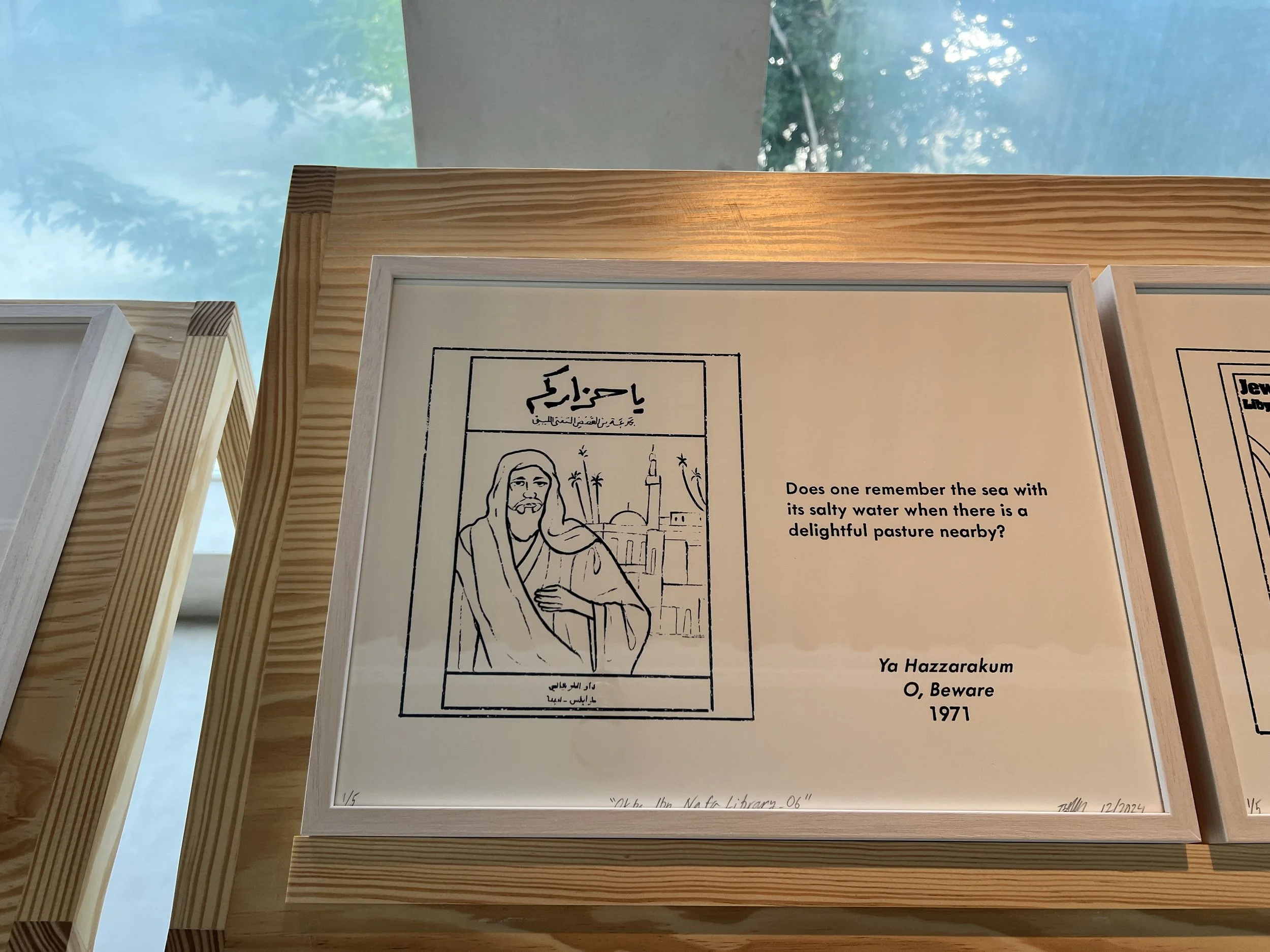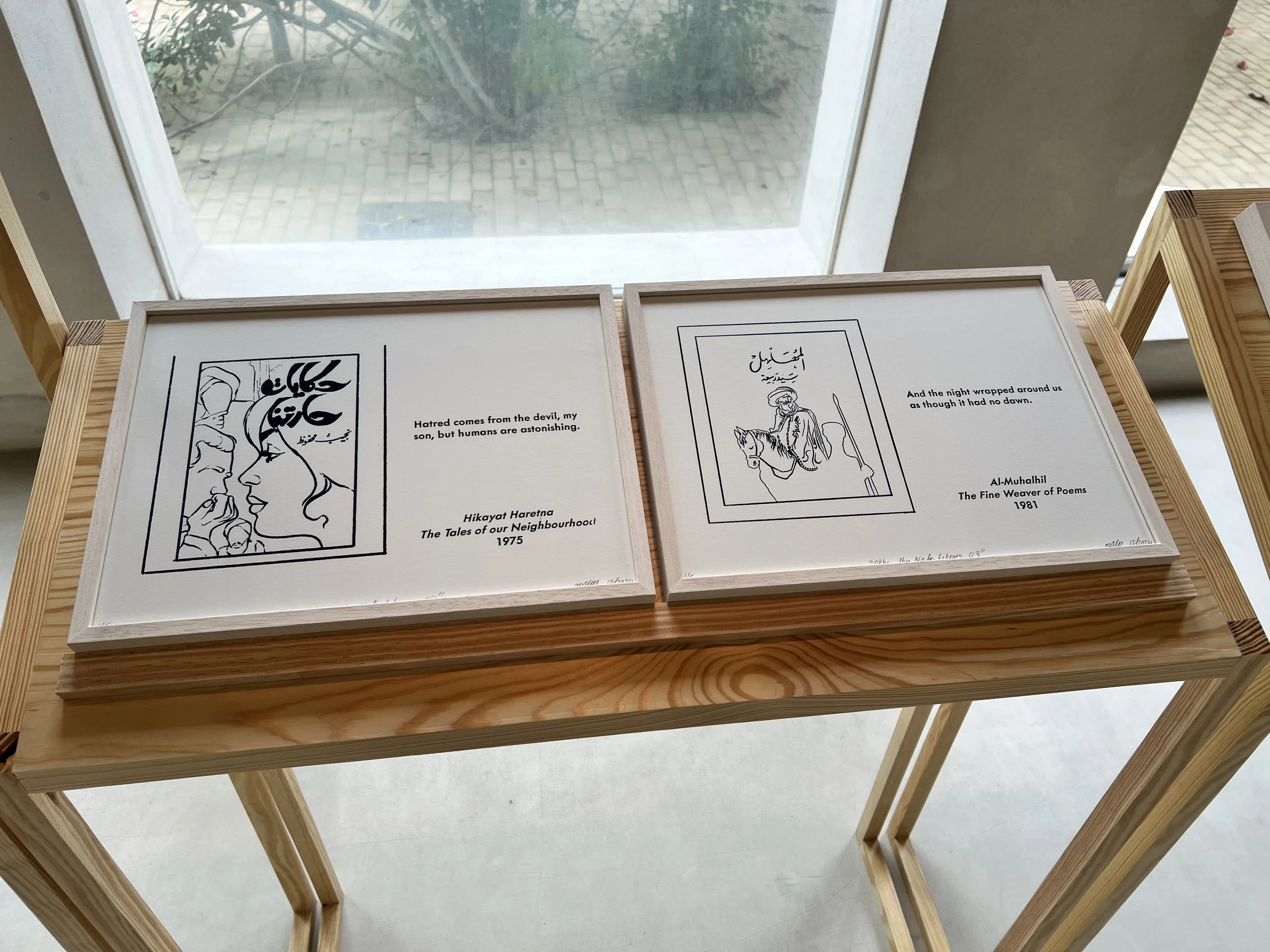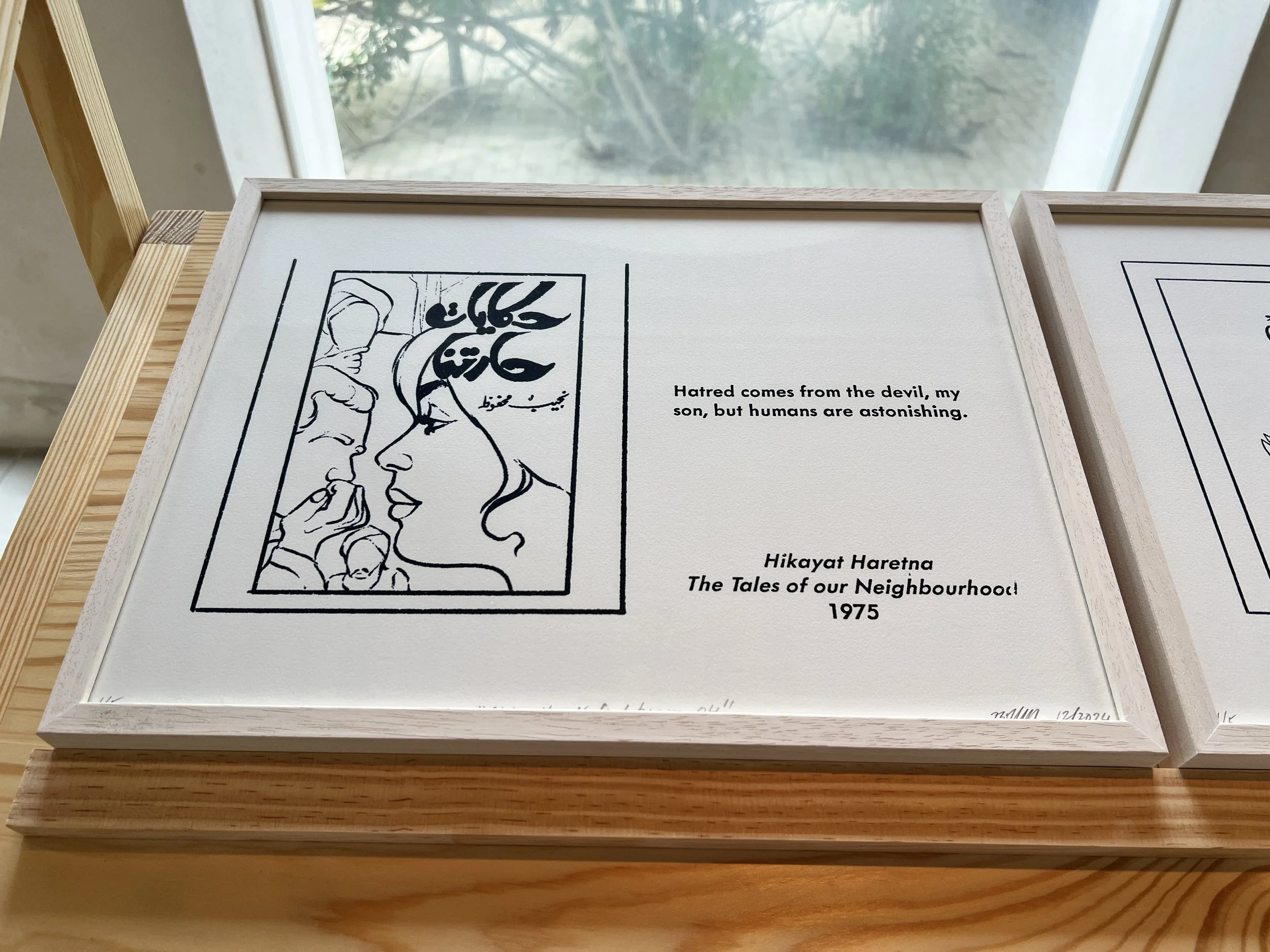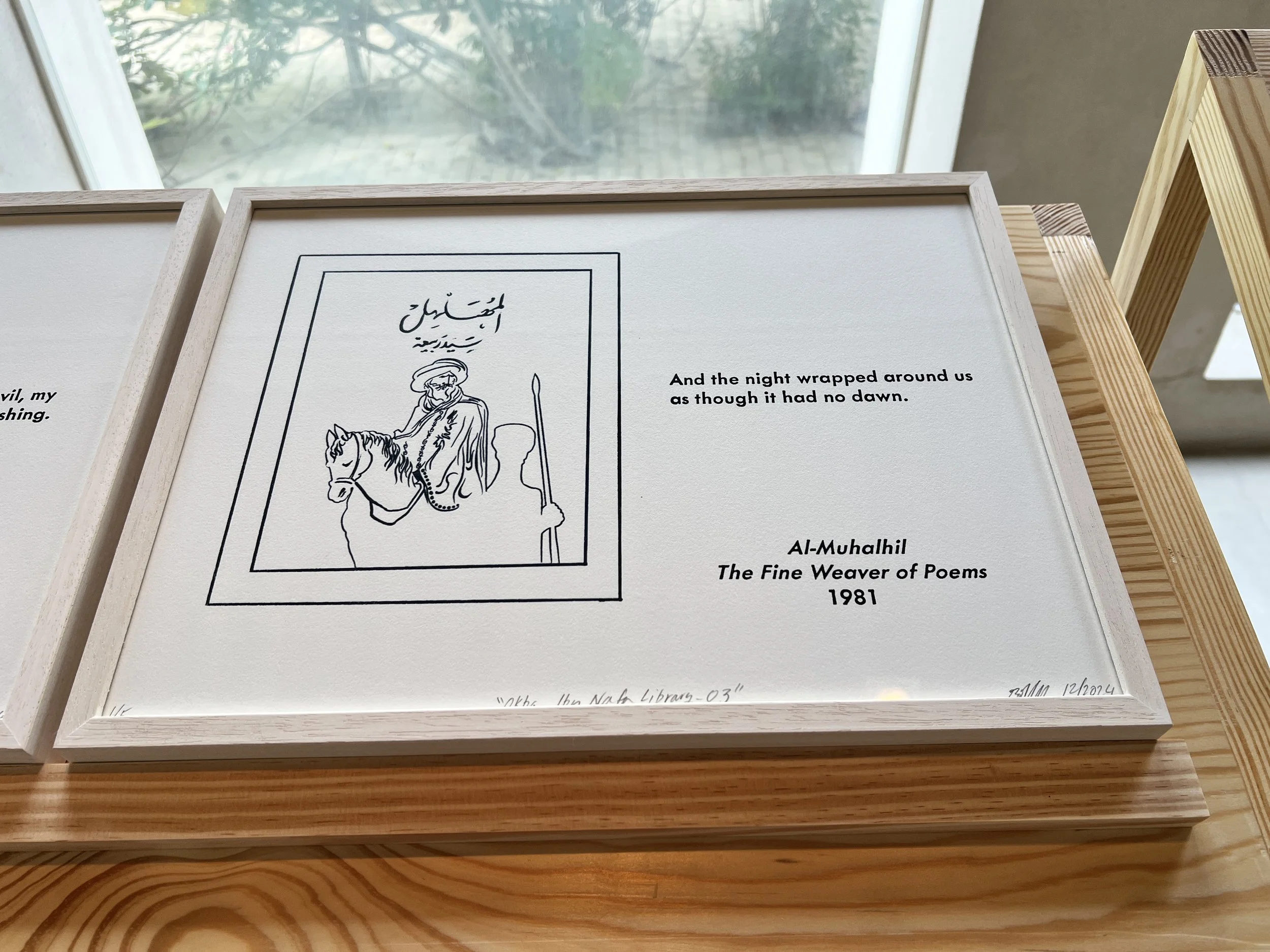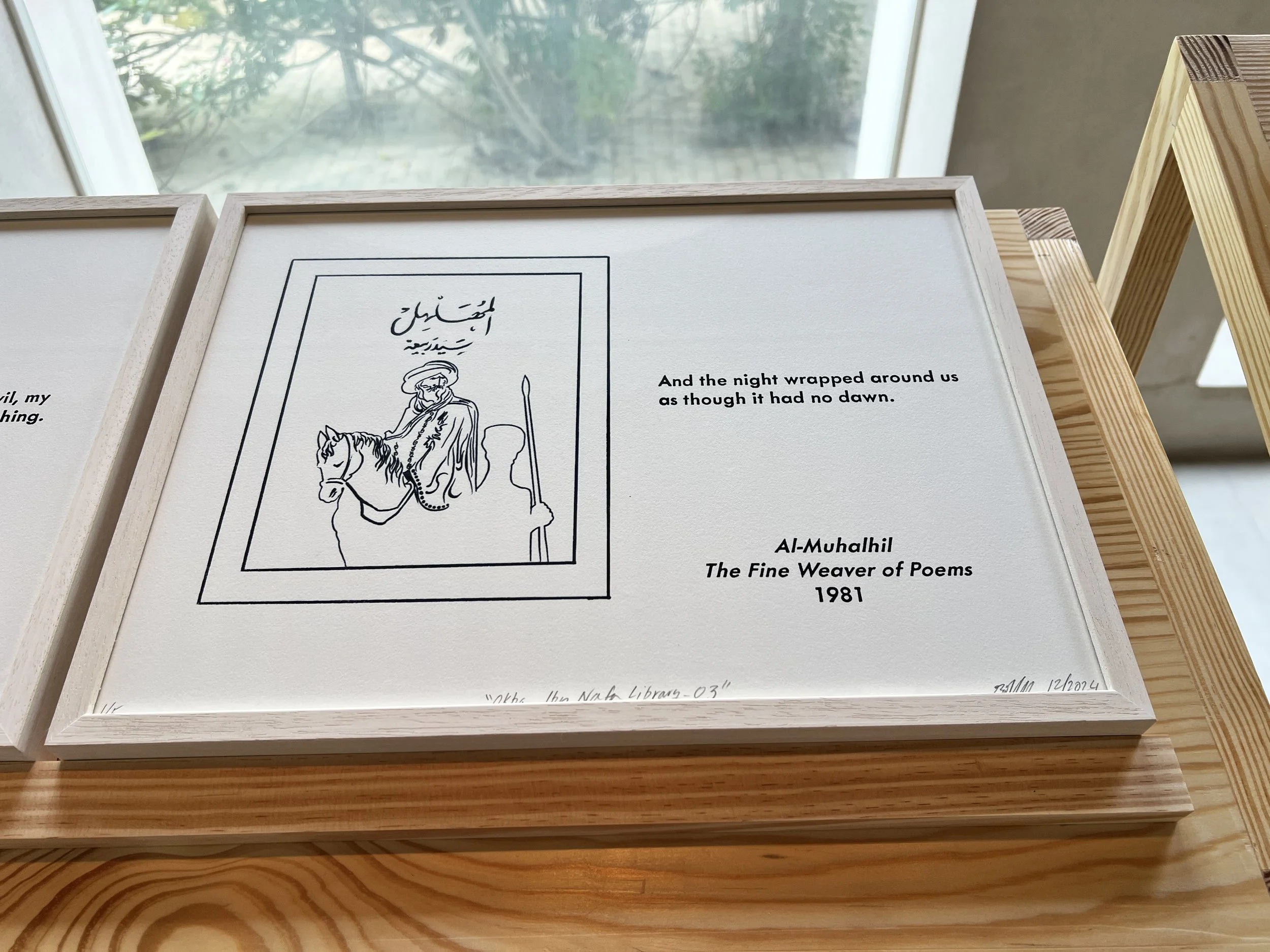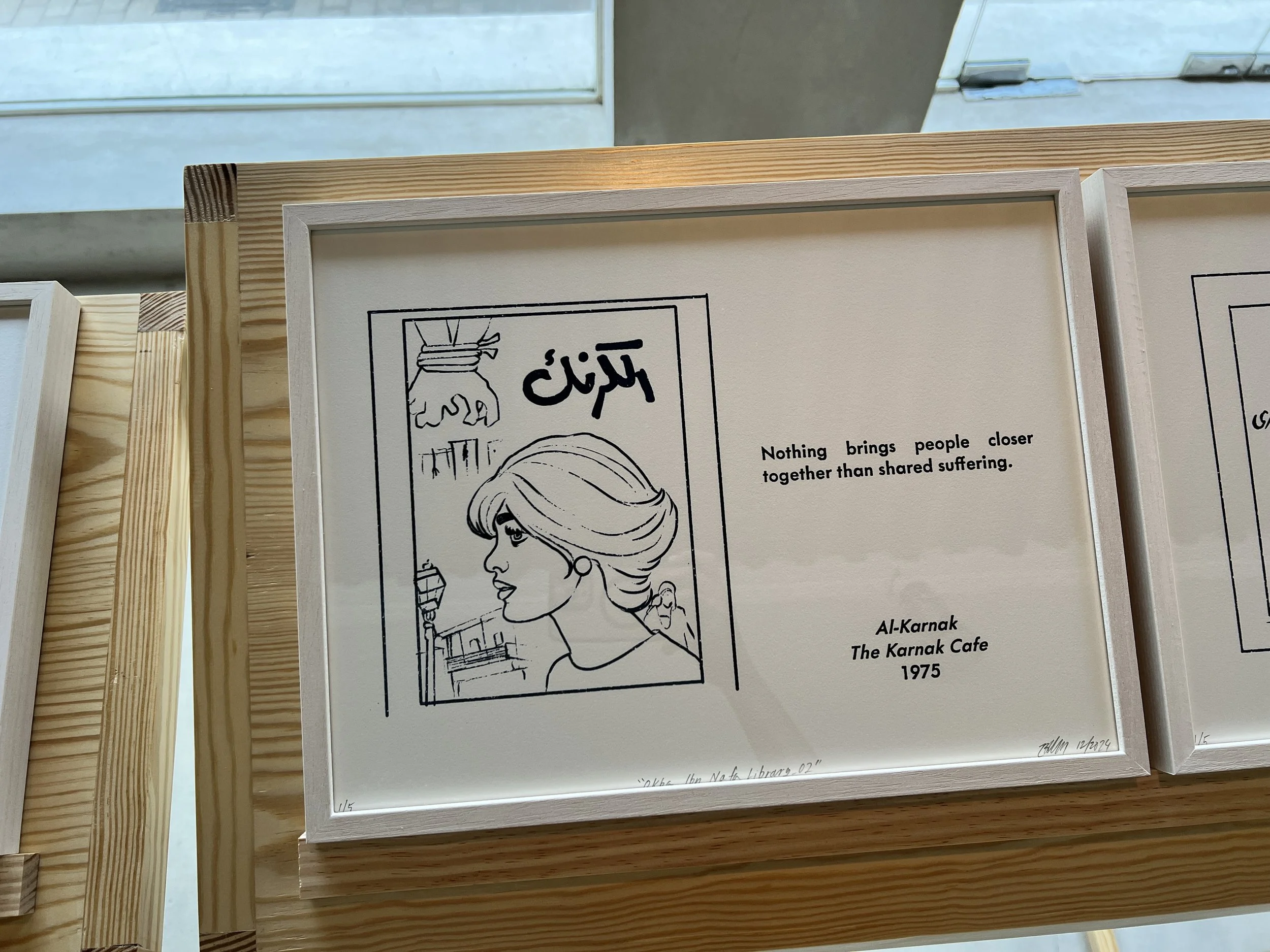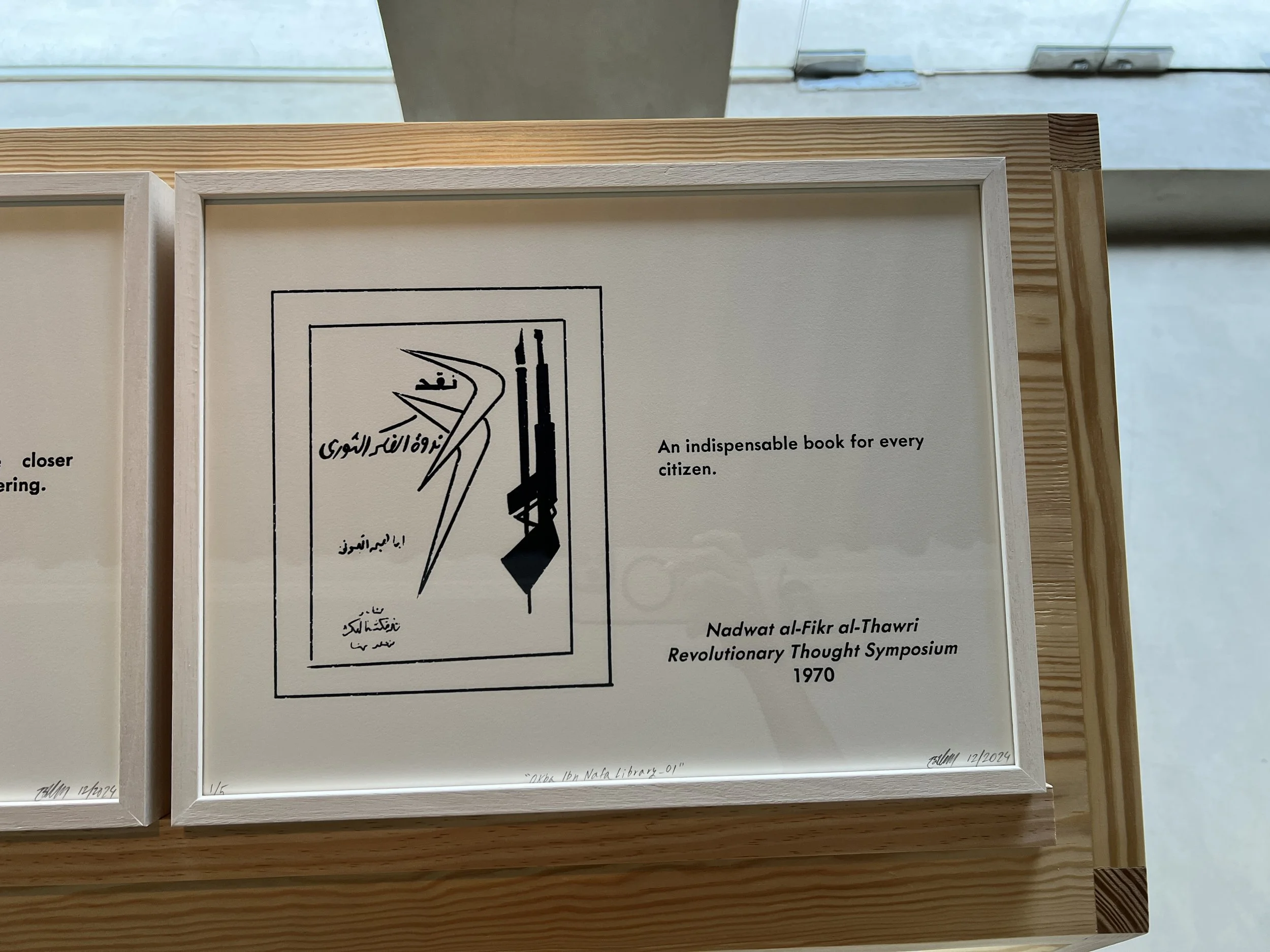Jamahiriya Means People: Okba Ibn Naafa (2025)
Jamahiriya ( جماهيرية) translates to both "state of the masses" and "peopledom," popularized as a noun by Muammar Gaddafi in 1977. The full form was Jamahiriya Al-Arabiya Al-Libiya Al-Shabiya Al-Ishtirakiya Al-Uzma (Great Socialist People's Libyan Arab Republic). As part of the process of creating a new, transnational “people,” albeit one with no voting or participatory role, oil wealth was invested in importing skilled workers to build up infrastructure at a hyper-speed starting in 1975. Some may ascribe the starting point of this to be the 1973 Nonaligned Movement Meeting in Algiers, where Gaddafi, Arafat, Boumedienne, and Gandhi took pivotal roles in the proceedings.
The Okba ibn Nafa Air Base in Tripoli was named after Uqba ibn Nafi, an Arab general who led the Muslim conquest of the Maghreb, including Libya, Tunisia, Algeria and Morocco. In 1975, the airport hospital was staffed by Bangladeshi doctors, two of each specialty imported as part of a government-to-government exchange. Staffing did not mean that military personnel trusted the imported doctors, and for the next four years, the Bangladesh team watched with mute frustration as all specialized surgeries were sent to the “better team” in Saudi Arabia.
To hold on to his sanity and decorum, Dr. Mohammad Abdul Mohaiemen retreated, as he had done in 1965 and 1971, into books, whatever he could find at the hospital library and near his Gurgi home. In the earlier “Karen’s Last Books: Ibsen to Nguyen” (also on display at SB 16), Naeem Mohaiemen sketched out the last ten books Karen Wentworth had planned to leave before ending her life through Euthanasia. “Grace” came as a sequel to “Jole Dobe Na” (on view at SB 16), a grim surrealist fable about a man trapped in a mind loop of the last days of his wife’s life in a Kolkata hospital. In “Okba ibn Nafa,” the first chapter in the “Jamahiriya Means People” series, he outlines ten books a lonely doctor browsed in his medical exile.
Jamahiriya Means People at Sharjah Biennial 16 (2024), curated by Natasha Ginwala
